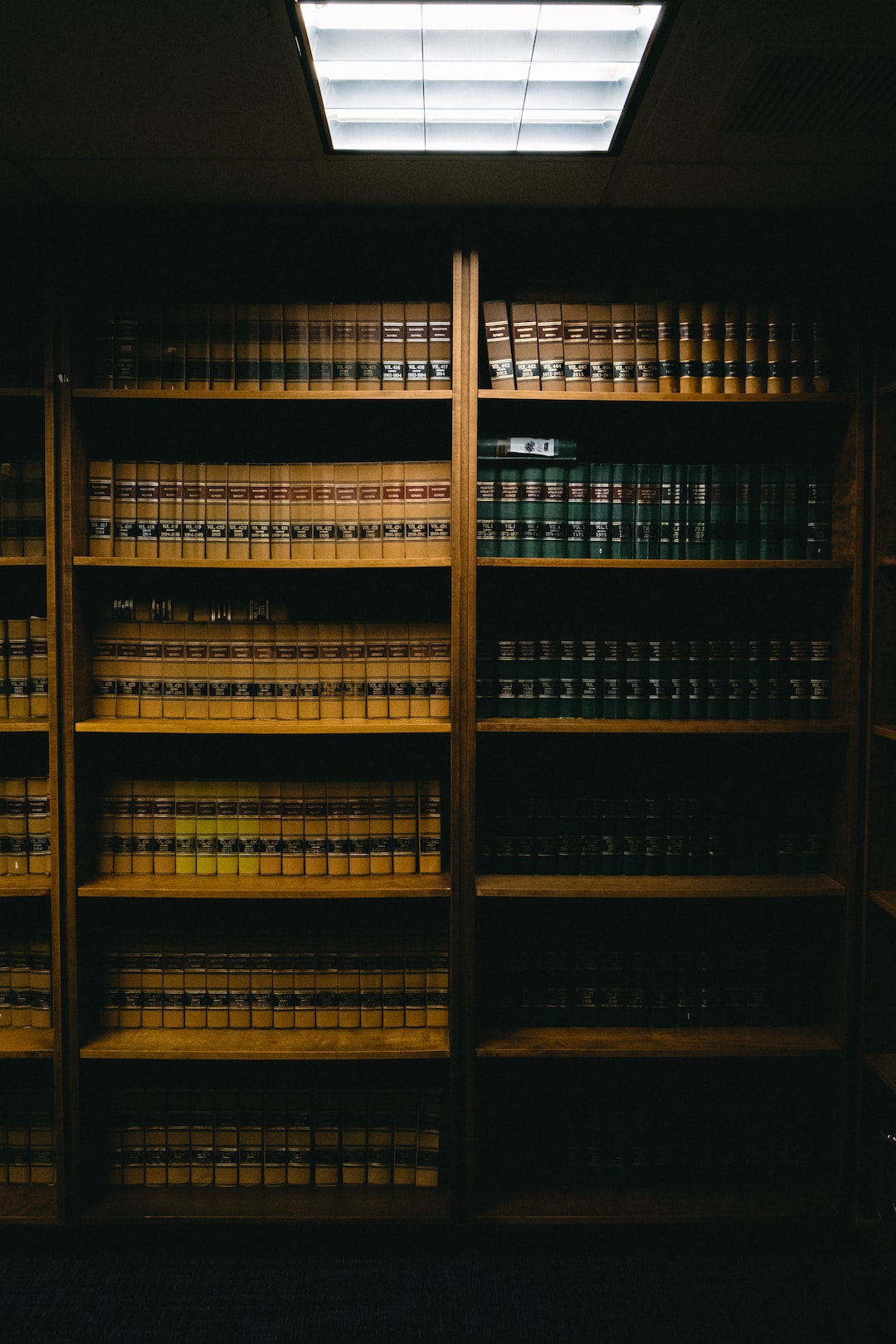The Role of Constitutional Law in Protecting Individual Rights
Constitutional law plays a pivotal role in safeguarding individual rights within a society. It serves as the foundation for establishing a system of governance that respects and protects citizens’ rights, ensuring that they are not subject to unjust treatment or infringement upon their freedoms. By delineating the powers and limitations of the government, constitutional law acts as a shield against tyranny, preserving the fundamental rights of individuals.
One of the primary purposes of constitutional law is to provide an explicit enumeration of individual rights. These rights include, but are not limited to, freedom of speech, assembly, and religion, the right to privacy, and protection against discrimination. By enshrining these rights within a constitution, individuals have legally binding guarantees that their basic human liberties will not be violated unjustly. Constitutional law thus offers a framework through which citizens can seek legal recourse when these rights are violated or threatened.
In addition to explicitly stating individual rights, constitutional law also establishes checks and balances on the government’s authority. It ensures that power is not concentrated within a single branch or among a few individuals, thereby preventing the abuse of power. This system of checks and balances allows for the judicial branch to interpret the constitution and strike down legislation or executive actions that violate individual rights. By providing a mechanism for judicial review, constitutional law empowers the judiciary to act as a guardian of individual rights, keeping the government in check.
Furthermore, constitutional law acts as a tool for societal progression and growth. As societal norms and values evolve, amendments to the constitution can be made to reflect these changes and expand individual rights. For instance, landmark decisions like Roe v. Wade in the United States that legalized abortion or Obergefell v. Hodges that recognized same-sex marriage were based on constitutional principles of privacy and equality. These rulings showcase how constitutional law adapts to protect individual rights in the face of societal advancements.
However, constitutional law is not a panacea. Its effectiveness in protecting individual rights depends on its implementation and enforcement. Governments and societies must remain vigilant in upholding constitutional principles and combating any attempts to undermine individual liberties. Additionally, constitutional law is not static but rather subject to interpretation and reinterpretation. The issues surrounding individual rights are constantly evolving, and constitutional law must evolve with them to maintain its relevance and effectiveness.
In conclusion, constitutional law serves a vital role in protecting individual rights. It establishes a legal framework that guarantees fundamental liberties and creates a system of checks and balances to prevent the abuse of power. As society progresses, constitutional law must adapt and reflect changing norms and values to continue safeguarding individual rights. Through its implementation and enforcement, constitutional law acts as a shield against tyranny, ensuring that citizens can exercise their rights freely within a just and equitable society.

